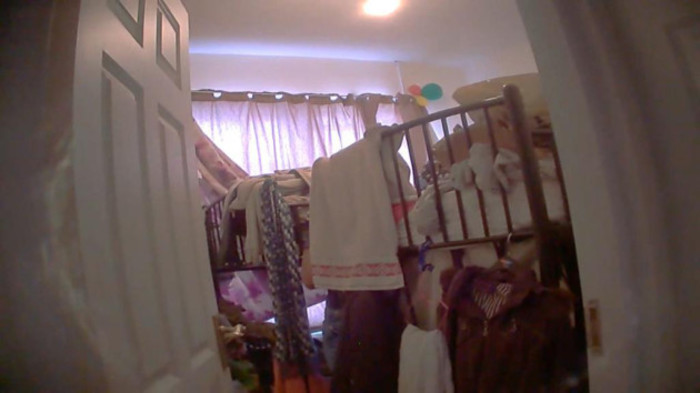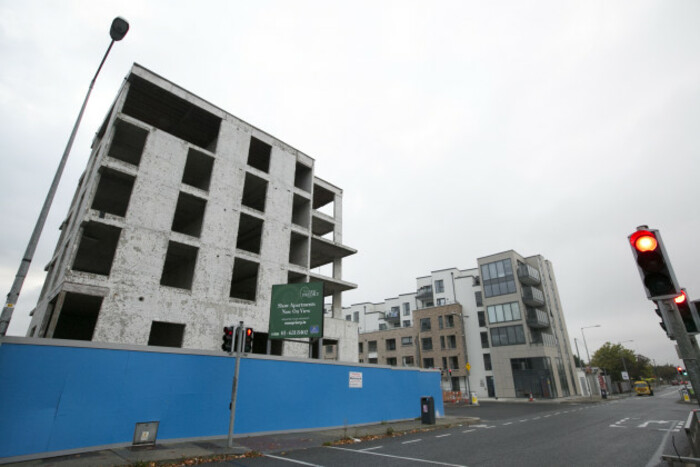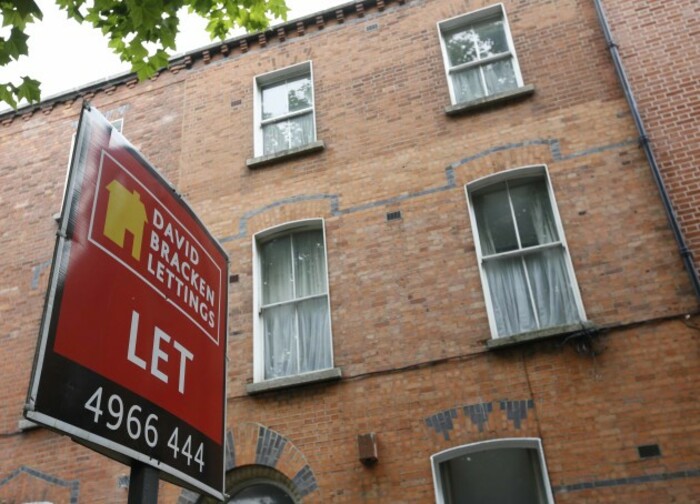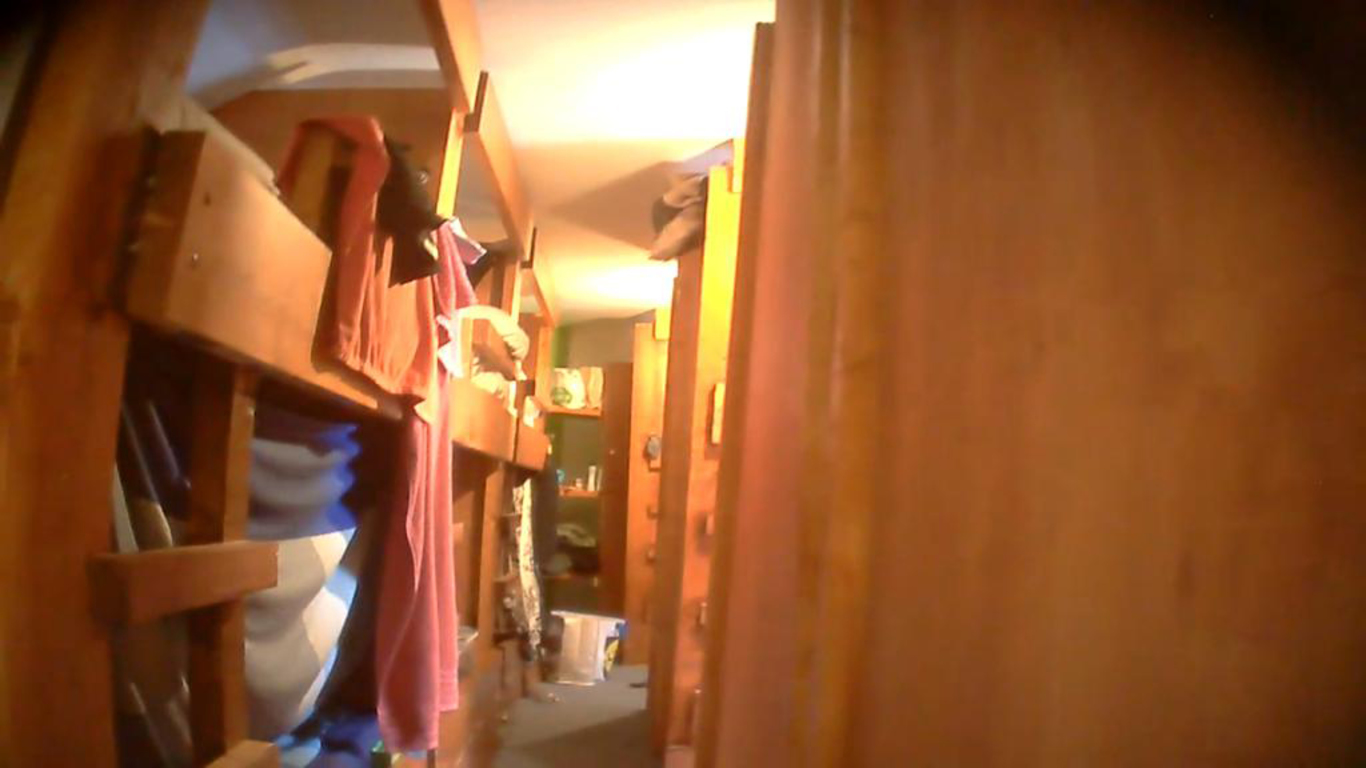Does Ireland need a 'National Car Test' for rental properties? We take a look
RTÉ Investigates recently exposed many of Ireland’s rental ‘nightmares’.
WHILE THE PROGRAMME itself was shocking, the reaction to it was anything but.
Last week RTÉ Investigates illustrated the dire state of some of the country’s rental market, with the horror stories including tales of 16 people crammed into a single room.
Immediately following the broadcast came the chants of ‘something needs to be done’, as tends to happen. The minister responsible has promised to introduce new regulations, as also tends to happen.
But do the proposed rules go too far, or not far enough? First, an overview of the key changes.
A central part of the plan is for the Residential Tenancies Board (RTB) to be given more powers to better police the sector. Landlords will also be required to register their tenancies with the RTB on an annual basis.
Perhaps most significantly, when landlords are registering with the RTB they will have to self-certify that their property complies with rules relating to rental accommodation standards, overcrowding and fire safety.
However, some groups say that this doesn’t go far enough. Rather than landlords certifying themselves, they want all rental premises to require an ‘NCT-style’ approval that would involve an independent check to make sure properties meet the rules.
This would be a major change to the rental sector – and one that many housing charities have pushed hard for.
 A room shown in the RTÉ Investigates programme
A room shown in the RTÉ Investigates programme
So what are the arguments for and against an ‘NCT for rental properties’, and how likely is it that it will be introduced?
The case for
At the moment, local authorities are largely responsible for upholding rental standards and inspecting rental premises.
The RTÉ Investigates documentary showed that there are many issues with this system: while most of the properties investigated were substandard, last year local authorities actually inspected only 4% of rental properties in Ireland.
John-Mark McCafferty, the head of housing charity Threshold, says while more resources are needed for inspection, this needs to be supplemented with an NCT-style system to improve rental standards.
“Right now, very vulnerable low-income people find themselves in firetraps. Given the situation with the low level of inspections, lots of people’s health and lives are potentially at risk,” he said.
“Self-certification doesn’t work; we’ve cited Priory Hall as an example where the builders were self-certifying.
“We’ve been looking for an NCT-style standard for rental accommodation for 10 years. Our argument is if you can’t self-certify a car, why can you self-certify a home?”
 Priory Hall
Priory Hall
Several groups have claimed that bringing in a new system would take too long and cost too much. However, McCafferty argues that there are already several regulations in place that could be combined to create a fairly simple certification system.
“There are minimum standards which you have to adhere to (when renting a property), like fire safety and needing a BER energy cert. Why not bring all those together? We’re saying you should bundle existing standards together, which we feel is very doable.”
The case against
Margaret McCormick, from the Irish Property Owners’ Association, said that a certification system isn’t needed as councils already have the powers to uphold rental standards.
“All properties are obliged to be at a certain standard, which is outlined in the Housing Standard regulations from 2017,” she said.
“Local authorities, if they inspect a property and find something wrong, have the right to prosecute if it isn’t improved. The law already has protections built into it.
“Every time you increase regulation around a sector you increase the cost to the sector and therefore increase the cost of accommodation. Rent is already costly enough,” she said.
“We can keep bringing in legislation, but the legislation is there, inspections need to be carried out.
“There is no excuse for overcrowding, but it isn’t done that much. The RTÉ programme showed a few properties that aren’t representative of the private rented sector as a whole – most tenants and landlords abide by legislation.”
 A property to let
A property to let
Likelihood
At the moment the introduction of an NCT-style system looks pretty unlikely.
While the government has been keen to emphasise that it wants to introduce a self-certification system, it appears very cool on the idea of making it something that is more independently policed.
“While calls for an NCT-type system are understandable, establishing such a system would take a significant amount of time and wouldn’t be an effective means of dealing with the immediate problem we are facing,” a spokesman for the Department of Housing said.
He said that landlords will be required to certify their properties with the RTB on an annual basis. While doing this, they will have to testify that their building is compliant with safety, overcrowding and other minimum standards.
Failure to provide this certification, failure to register the tenancy or, importantly, providing false certification information, will all constitute offences that can be prosecuted by the RTB.
“The government is not ruling out the proposal for a NCT-type certification. The proposal will be considered in the context of new national approach to inspection and enforcement being developed by the department, RTB and local authorities,” he said.






